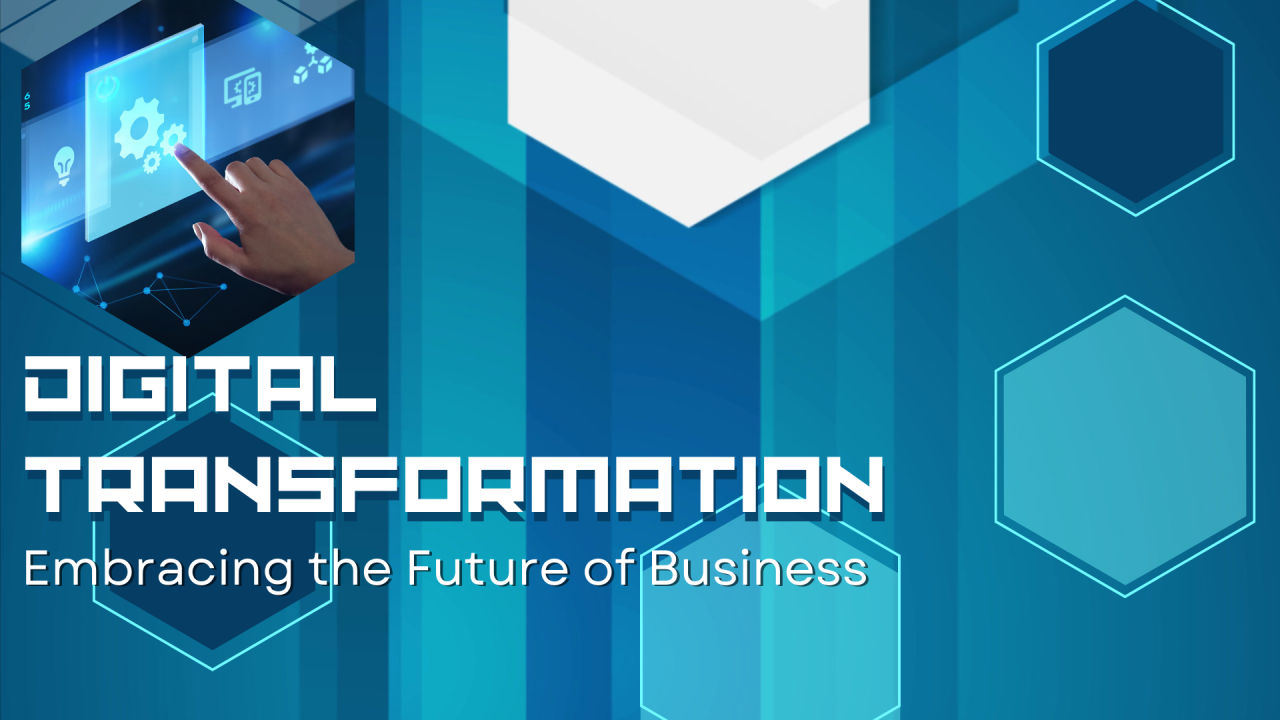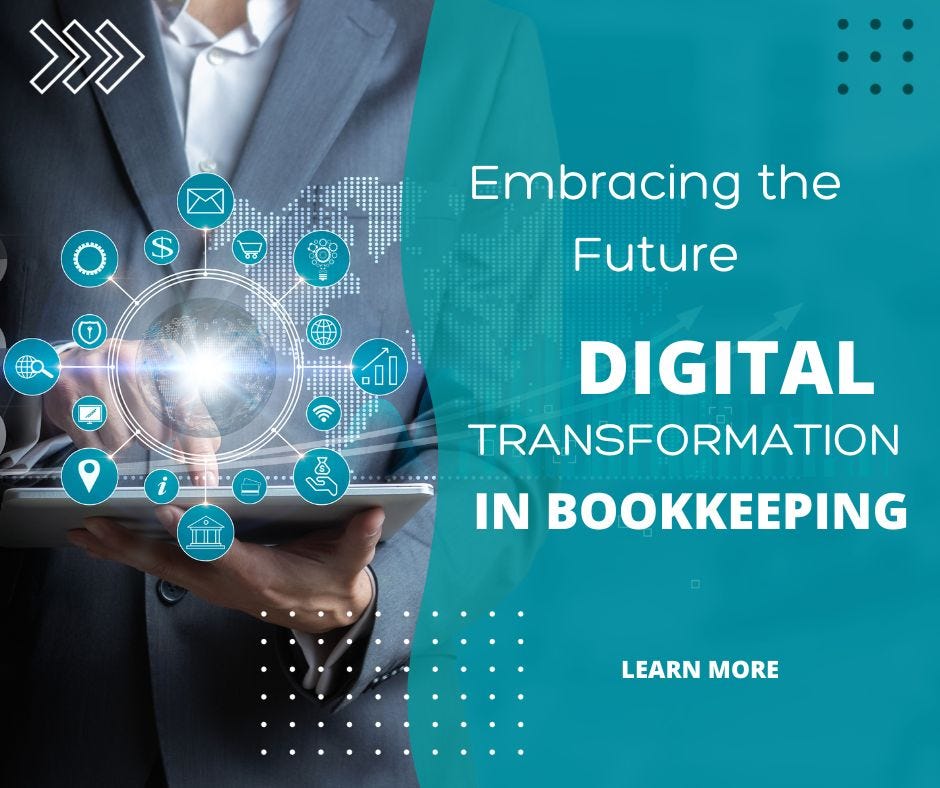In the future, businesses will see increased automation and digitization, leading to streamlined processes and improved operational efficiency. Additionally, the connection between businesses and their customers is expected to evolve through the use of CRM systems and digital marketing.
This shift toward technology-driven solutions will shape the future of business development, with a focus on innovation, global market expansion, and sustainability. As companies navigate this changing landscape, the ability to adapt and identify emerging trends will be crucial to their survival.
Furthermore, businesses will need to prioritize digital and sustainable transformations, fundamentally redesigning systems to align with the demands of the future. Ultimately, the future of business lies in a purpose-driven approach, moving beyond profit and emphasizing social and environmental impact.

Credit: www.linkedin.com
The Evolving Landscape Of Business
The business landscape is rapidly changing, driven by advancements in technology and shifting consumer behavior. As we look towards the future, it is essential for businesses to adapt and embrace these changes to stay relevant and competitive. In this blog post, we will explore three key aspects that are shaping the future of business.
Shift Towards Digital Transformation
One of the most significant developments in the future of business is the shift towards digital transformation. Companies are increasingly realizing the importance of adopting digital technologies to streamline their operations, enhance the customer experience, and stay ahead of the competition. This digital transformation encompasses various aspects, including:
- Implementing robust customer relationship management (CRM) systems to better understand and serve customer needs.
- Embracing digital marketing strategies to reach a wider audience and drive online sales.
- Automating processes to increase efficiency and reduce human error.
By embracing digital transformation, businesses can leverage technology to optimize their processes, reduce costs, and deliver better value to their customers.
Impact Of Artificial Intelligence
Artificial intelligence (AI) is another area that is revolutionizing the future of business. AI technologies have the potential to automate repetitive tasks, analyze vast amounts of data, and provide valuable insights. Some of the ways AI is impacting businesses include:
- Improving customer service through chatbots and virtual assistants.
- Enhancing decision-making processes through predictive analytics.
- Optimizing supply chain management through demand forecasting.
As AI continues to advance, businesses that embrace this technology will gain a competitive edge by delivering personalized experiences, making data-driven decisions, and staying ahead of market trends.
Changing Consumer Behavior
Consumer behavior is constantly evolving, driven by social, cultural, and technological changes. To succeed in the future, businesses need to understand and adapt to these evolving consumer preferences. Some key trends in changing consumer behavior include:
- Increased demand for personalized experiences and customized products.
- Growing preference for online shopping and e-commerce platforms.
- increased focus on sustainability and ethical business practices.
By recognizing and responding to these shifts in consumer behavior, businesses can tailor their offerings, improve customer satisfaction, and build long-term relationships.
In conclusion, the future of business is dynamic and ever-evolving. To thrive in this changing landscape, companies must embrace digital transformation, leverage artificial intelligence, and adapt to changing consumer behavior. By staying ahead of these trends, businesses can position themselves for success and drive sustainable growth in the years to come.

Credit: www.monigroup.com
Emerging Trends And Technologies
In the future of business, automation and digitization will continue to thrive, improving operational efficiency and streamlining processes. The evolving connection between businesses and customers will be driven by CRM systems and digital marketing. Adaptability to emerging trends will be crucial for the survival and success of companies.
Blockchain And Cryptocurrencies
The future of business is heavily influenced by emerging trends and technologies that continue to shape industries and revolutionize traditional processes. One such trend is the rise of blockchain technology and cryptocurrencies. Blockchain, a decentralized ledger system, offers transparency, security, and efficiency in various sectors, including finance, supply chain management, and healthcare.
With the ability to securely record and verify transactions, blockchain has the potential to transform traditional financial systems. Cryptocurrencies, such as Bitcoin and Ethereum, built on blockchain technology, provide new opportunities for businesses to streamline transactions, reduce costs, and reach global markets seamlessly.
As blockchain and cryptocurrencies gain wider acceptance, businesses have the opportunity to explore innovative use cases, such as smart contracts and decentralized applications. These technologies give rise to decentralized autonomous organizations (DAOs), where decisions are made through consensus among stakeholders, eliminating the need for intermediaries.
Internet Of Things (IoT)
The Internet of Things (IoT) is another prominent trend set to shape the future of business. IoT refers to the interconnection of devices and objects that can collect and exchange data over the internet. This network of connected devices enables businesses to gather real-time insights, automate processes, and improve operational efficiency.
Imagine a world where everyday objects, such as appliances, vehicles, and even clothing, communicate with each other to provide personalized experiences and optimize performance. This interconnectedness offers immense potential for businesses to enhance productivity, reduce costs, and provide innovative products and services to customers.
From smart homes to industrial automation, the IoT revolutionizes various industries, enabling businesses to harness data-driven insights, predictive maintenance, and remote monitoring. With IoT adoption on the rise, businesses that embrace this trend will gain a competitive edge in the digital era.
Augmented Reality (ar) And Virtual Reality (vr)
Augmented reality (AR) and virtual reality (VR) are immersive technologies that create interactive and realistic experiences for users. These technologies have been predominantly associated with gaming and entertainment, but their potential extends far beyond entertainment purposes.
AR overlays digital information onto the real-world environment, while VR places users in simulated environments. Together, they offer exciting possibilities for businesses, such as virtual product demos, remote collaboration, employee training, and enhanced customer experiences.
With AR, businesses can provide interactive product visualizations or enable customers to try out virtual versions of products before making a purchase. VR, on the other hand, can transport users to different locations or simulate scenarios for effective training purposes.
The future of business lies in leveraging these emerging technologies to create immersive experiences, improve decision-making processes, and foster innovation. Organizations that integrate AR and VR into their operations will enhance customer engagement, boost productivity, and stay ahead of the competition.
Creating Sustainable And Purpose-driven Businesses
The future of business lies in creating sustainable and purpose-driven companies that prioritize corporate social responsibility (CSR), environmental sustainability, and ethical business practices. In an era where customers are increasingly conscious of the impact businesses have on society and the environment, organizations need to align their values and actions with the greater good.
Corporate Social Responsibility (csr)
Corporate social responsibility (CSR) entails a company’s commitment to operating ethically and contributing positively to society. It involves establishing initiatives that make a difference in areas such as education, healthcare, poverty alleviation, and community development. Adopting CSR not only benefits the communities in which businesses operate but also enhances the reputation and brand image of the company.
Environmental Sustainability
Environmental sustainability is a critical aspect of creating a future-focused business. Organizations must prioritize eco-friendly practices, minimize carbon footprints, and conserve natural resources. This can include initiatives such as reducing waste, utilizing renewable energy sources, promoting recycling, and incorporating sustainable supply chain practices. By doing so, businesses contribute to the overall well-being of the planet and ensure a better future for generations to come.
Ethical Business Practices
Ethical business practices involve conducting business in a fair, transparent, and responsible manner. This includes treating employees, customers, and suppliers with respect, avoiding unethical business practices such as bribery and corruption, and ensuring financial accountability. By adhering to ethical principles, businesses build trust, foster long-term relationships, and create a positive impact on stakeholders.

Credit: medium.com
Frequently Asked Questions For Future Of Business
What Will Business Be Like in the Future?
In the future, automation and digitization will surge, streamlining processes and reducing human error. Businesses will strengthen their connection with customers through CRM systems and digital marketing. The future of business development involves technological innovation, evolving consumer dynamics, global market expansion, and sustainability.
Online learning, privacy protection, mechanics and robotics, organic food, plastic recycling, cyber security, and deactivating robots are potential future business opportunities. Companies with growth plans will focus on hitting targets over a specific period of time. Digitization and innovation will create more jobs, although the transition may be challenging.
Successful businesses will solve global crises, utilize exponential technologies, and adopt game-changing models. Adapting to emerging trends is crucial for business survival. Future-ready companies are capable of adapting, have robust internal capabilities, and can find new sources of growth. Businesses must undergo digital and sustainable transformations simultaneously.
The future of business lies in purpose, not just profit.
Where Is the Future of Business?
The future of business is in automation and digitization, which will streamline processes and improve operational efficiency. The connection between businesses and customers will evolve, with CRM systems and digital marketing taking the forefront. Additionally, businesses must adapt to emerging trends and undergo digital and sustainable transformations for long-term success.
What business is best for the future?
In the future, businesses that focus on automation, digital marketing, online learning, organic food, plastic recycling, robotics, and cyber security are best positioned for success. Adapting to emerging trends and embracing technology and sustainability will be crucial for future business growth.
What Is Future Growth in Business?
Future growth in business refers to the anticipated expansion and development of a company over a specific period of time. This growth is driven by advancements in technology, evolving consumer behavior, global market expansion, and a focus on sustainability. Businesses need to adapt to emerging trends, embrace digitization and innovation, and create value by solving global crises and adopting game-changing business models.
Additionally, businesses should prioritize digital transformation and sustainability to ensure long-term success.
Conclusion
Business holds great potential for growth and transformation. Automation and digitization will continue to revolutionize processes, improving efficiency and reducing errors. The relationship between businesses and their customers will evolve with the help of CRM systems and digital marketing. The future of business development lies in the convergence of technological innovation, evolving consumer dynamics, global market expansion, and sustainability.
Companies that adapt, embrace emerging trends, and prioritize digital and sustainable transformations will thrive in this ever-changing landscape. The future of business is bright, promising purpose-driven success beyond traditional profit-focused measures.
